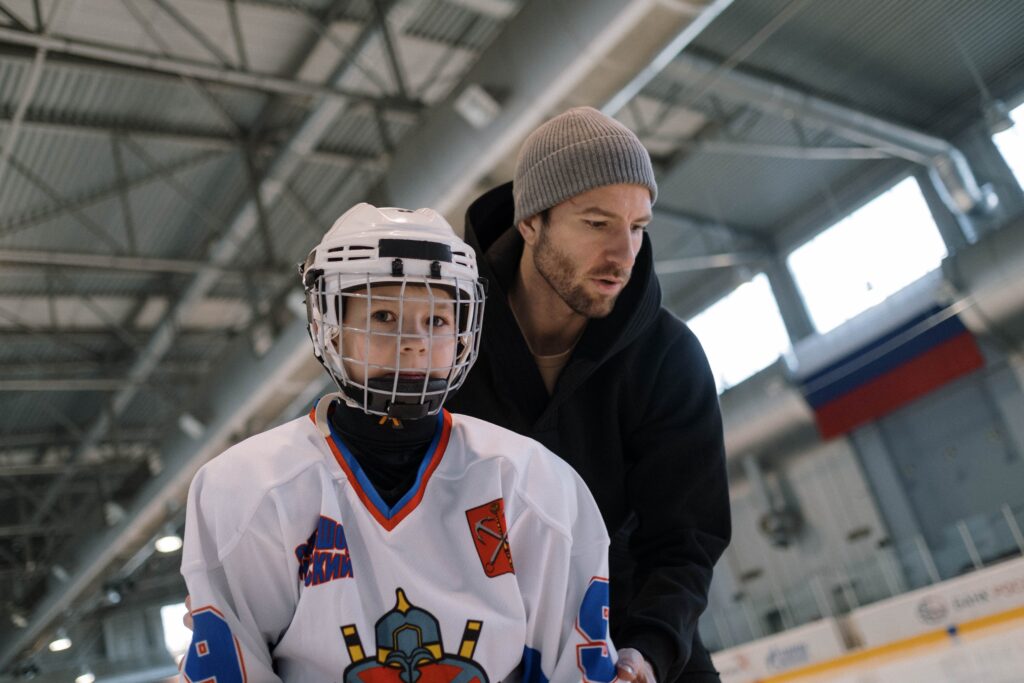That’s a catchy title, I know. Really what is happening is you’re allowing your thoughts to kill your production, your enjoyment, your satisfaction, and your gratitude. We allow thoughts to ruin relationships, fun events, good memories and everything in between. Now you may be saying to yourself “No I don’t, I have great memories”, but consider this, have you been having a good time and someone does something that bothers you? When he/she did this do you think “They shouldn’t do that” and get annoyed, upset, frustrated? Did you ever make a mistake and say something like “Man I suck, I shouldn’t have done that”? Well this is what I’m talking about. These simple events, which are a part of everyday life, can tarnish even the best of days. So, let’s dive into some philosophy on this topic and I’ll offer some corrections you can start trying today.

We, human beings, learn through a few ways (mirroring, exposure & mistake making). One of the most successful ways to learn is through mistake making, even if it is someone else’s mistakes. That’s good news, I enjoy sitting back and learning from someone else’s failures which increases the chance of success on my end. If we learn through mistake making then being upset by such mistakes just makes no sense, whether they are our mistakes or someone else’s. So why do we get so bent out of shape even though we know that we all make mistakes?
The thing that gets us so bent out of shape is our irrational demand for perfection in ourselves and others. Most of us know that we don’t really expect perfection, but when we don’t have it or even have “good enough” then we get upset, especially within our own behaviors. This sounds crazy, but most of us suffer from this irrational demand regularly. I actually work with parents who often see this in their children and assist with teaching the child to be ok with mistakes, that’s how pervasive this has become, it starts in early childhood. Now don’t get me wrong, I’m not saying to not feel, I’m not saying to be happy about screwing up, I’m saying it’s not the end, you’re not a failure, that person isn’t a failure, it’s just a step in the path to where we are heading. So shutting down, giving up, getting angry and breaking something has no value to you or others, these actions have no place in improving your situation and are irrational responses to a normal human experience. Below is a little lesson I developed for those parents I mentioned earlier, but it can easily be adjusted to be used on ourselves, other adults, other people’s kids or anything else you find creates those negative b.s. statements that accompany mistakes.

Being Ok With Mistakes
- Acknowledge that you don’t expect them to be perfect.
- Let them know your love is unconditional, regardless of their mistakes or lapses in judgment.
- Don’t rescue kids from their mistakes. Instead, focus on the solution.
- Provide examples of your own mistakes, the consequences, and how you learned from them.
- Encourage children to take responsibility for their mistakes and not blame others.
- Avoid pointing out your child’s past mistakes. Instead, focus on the one at hand.
- Praise children for their ability to admit their mistakes.
- Praise children for their efforts and courage to overcome setbacks.
- Mentor your child on how to apologize when their mistakes have hurt others.
- Help kids look at the good side of getting things wrong!

Helping a child become ok with mistake making is important, just like it’s ok for us adults too! Taking away inner dialogue that is negative and self-deprecating will promote healthier coping strategies over time to common mistakes and make us all more resilient to big abnormal situations. Instead of “I always do this wrong I hate myself” use “I made this mistake again, what is it that I keep doing that allows this mistake to happen? Can I fix it? Who can help me?”. There is a really good single page story that encompasses this concept “An Auto Biography in Five Chapters” by Portia Nelson, I strongly suggest you give it a quick “Google” and see how you can apply this to your own life.
I know I seem to be all over the map with this one so let me clean it up to close. A. We all make mistakes! B. For some reason we get upset or bothered by these mistakes. C. We have thoughts about how this shouldn’t happen reinforcing these upset emotions. D. We act inappropriately, regrettably, or simply reduce our joy.
Solution. A. We all make mistakes B. try not to react and think through the above lists. C. implement coping strategies (different blog posts) D. re-focus on the joy and pleasure of life around us and how lucky we are to be alive, forgive our transgressors and find harmony in our soul.
